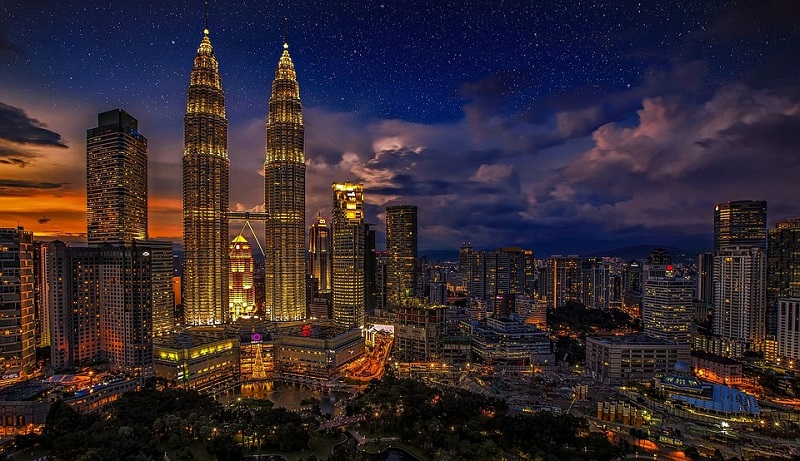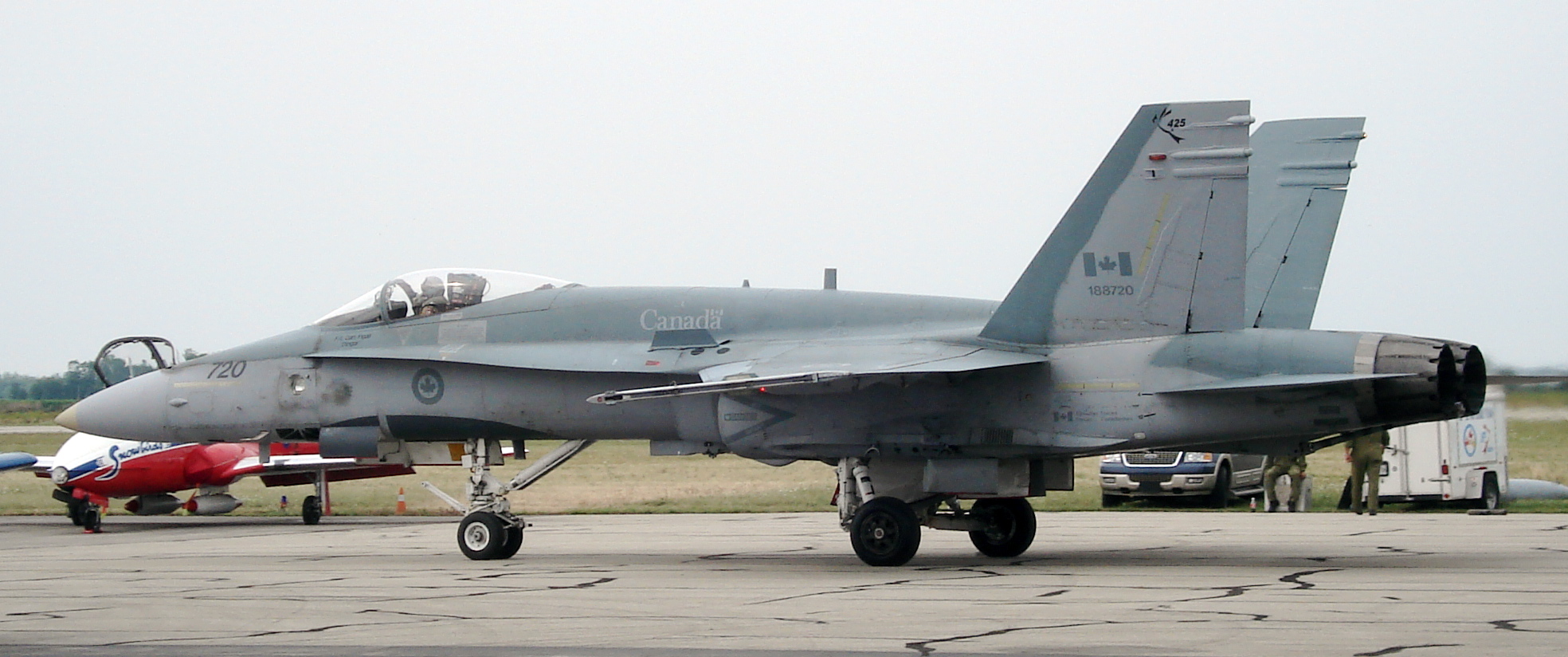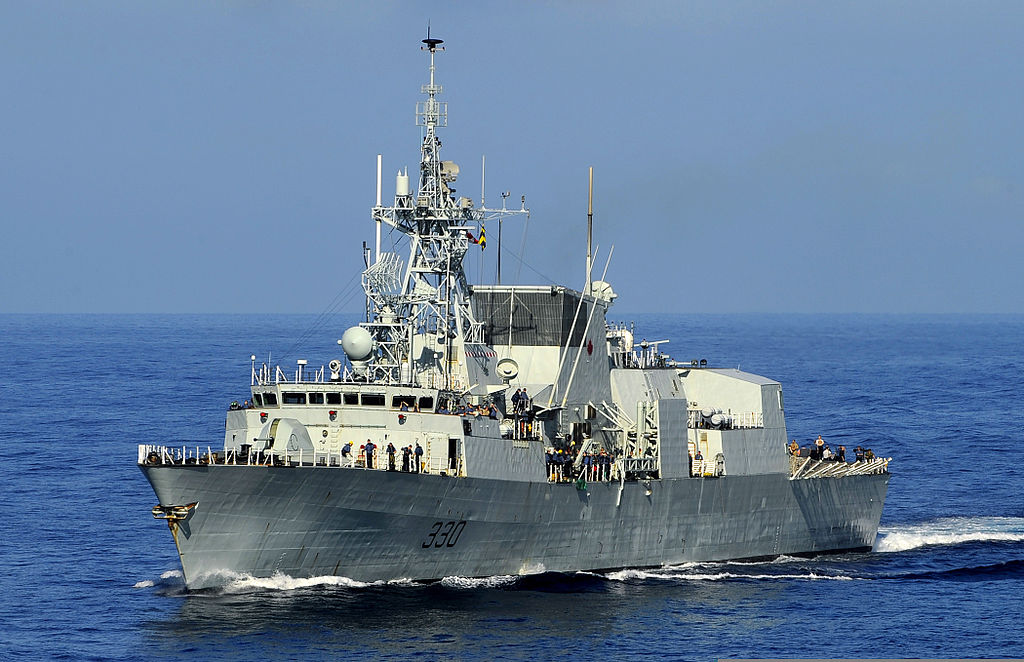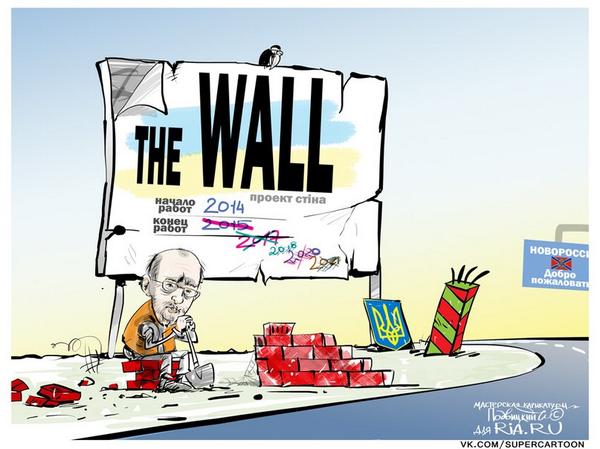Mahathir Mohamad’s victory in Malaysia represents a victory of democracy and a triumph over corruption in Southeast Asia—on the surface. Malaysia’s problem is also the world’s: whether to accept the perceived danger of freedom of expression, or the safety of censorship.
For many, the results of Malaysia’s election on May 9 caused renewed hope for both the country and the surrounding region. The coalition Pakatan Harapan ousted the Barisan Nasional, or “National Front,” the party that governed the country for over sixty years. The change in parties brought with it a change in leadership: from the scandal-plagued Najib Razak to the return of 92-year-old Mahathir Mohamad, who has stated that he will hand over leadership to the popular Anwar Ibrahim in two years.
Najib and the BN’s loss can largely be attributed to a highly unpopular goods and services tax and the alleged embezzlement of billions of dollars from the 1Malaysia Development Berhad, a fund set up to facilitate the country’s development. But many critics say the foundations of corruption were laid before Najib, during the 22 years Mahathir was prime minister and leader of BN. And Mahathir’s approach to freedom of expression does not seem much different. Take, for example, the recent Anti-Fake News Act.
Najib’s government passed the act in April, outlawing any information that is “wholly or partly” false. What constitutes false was up to the government to decide. Many Malaysians opposed the law—under Najib. Mahathir, who prior to his election promised to strike down the law, has now stated that “there are limits” regarding freedom of speech. His proposed amendments to the law will still allow the government to decide what is real news and what is fake news. This is just the latest in a long line of restrictions on the press put in place by Malaysia’s government. In a country vulnerable to ethnic and religious strife—particularly between Malays, Chinese, and Indians—controlling discourse might be vital, some say, to keeping peace. Previous administrations, as well as Mahathir’s, have also used this justification.
Regardless of whether the restrictions are effective, or even preferable to the alternative, Mahathir’s commitment to ethnic unity should be regarded with skepticism. This is the same leader that, in the wake of the Malay-Chinese riot of 1969 in which hundreds were killed, published a book that stoked already high tensions between ethnicities. In The Malay Dilemma, Mahathir outlined the views that he would later act upon as prime minister: the ethnic Chinese living in Malaysia were naturally superior to the Malays, and if the Malays were to have any hope of controlling their country, they must be systematically favoured over the Chinese. While it is possible Mahathir has mellowed since he was last in office, it is also possible that his government might have other reasons for keeping the Anti-Fake News Act in place. Police already arrested one man on May 17 for supposedly insulting Mahathir and Islam. It would not be a stretch to think that Malaysia’ regulations on speech are, at least partly, to serve the interests of the administration. The potential for restrictions on freedom of expression to be used for political ends is troubling, but nothing new.
To some, laws are seen as tools to achieve goals. Even the most repressive society might claim those goals to be things such as order and safety. But tools, once created, can be used by others, and sometimes for unintended purposes.
That is why some people oppose regulations on freedom of expression altogether. It is a slippery slope: once some limits are in place, more might follow. And even if one government has a moral compass, the next might not.
[perfectpullquote align=”left” bordertop=”false” cite=”” link=”” color=”” class=”” size=””]Speech is never truly free, however, even in countries where it is a right.[/perfectpullquote]
Speech is never truly free, however, even in countries where it is a right. Every country draws the line somewhere. Threats of violence, for example, are illegal in Canada and the United States. Hate speech, as well, is illegal in Canada. This is more due to its potential to persuade than for its potential to harm. People are not always reasonable and may believe hate speech—or even act upon it. The violence that would follow is not something Canada is willing to accept. But, for the most part, Canada accepts what risk is incurred by allowing people to express themselves. Freedom of expression is provided as a fundamental right in the Canadian Charter of Rights and Freedoms, something CSIS can only overrule with a warrant.
In the United States, hate speech is legal unless it signifies clear and imminent danger to an individual or group, similar to a threat of violence. The legislation rests on a belief that—despite the history of race relations in the United States—the population will not be easily convinced by hate speech.
On the other end of the spectrum are countries like China and Turkey. China suppressed protests at Tiananmen Square in 1989, and it continues to silence dissent today, both offline and online. In one prominent case, dissident Liu Xiaobo died in 2017 while in Chinese custody. Liu Xia, his wife, has been under house arrest since 2010.
Since the alleged coup against President Recep Tayyip Erdoğan, Turkey has arrested thousands, from journalists to human rights activists. Both China and Turkey have even used Interpol to go after dissidents abroad. While both countries appear stable, the same could be said of Canada and the United States. The fact that neither China nor Turkey has experienced a major threat to their security might not be a result of their policies on freedom of speech, despite what their governments might say.
Malaysia—like every country—trades freedom of speech for security, but it has gone too far. The country loses much more than it gains by silencing and punishing dissenting voices. And as observers hold it up as a model for the rest of Southeast Asia to follow, they should hope that those countries do not listen too closely.
Photo: Kuala Lumpur, by Walkerssk via Pixabay. Licensed under CC0 1.0.
Disclaimer: Any views or opinions expressed in articles are solely those of the authors and do not necessarily represent the views of the NATO Association of Canada.




